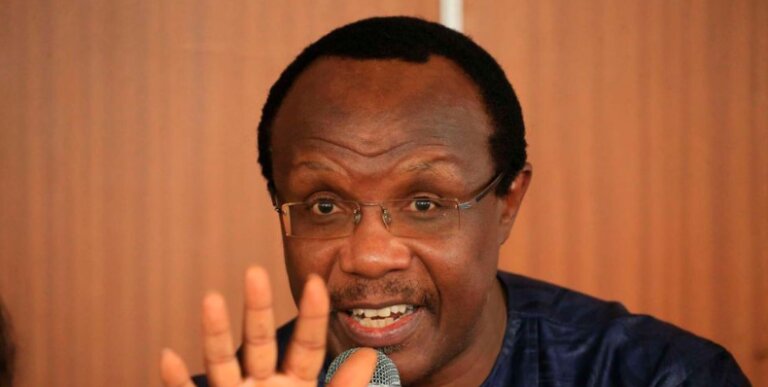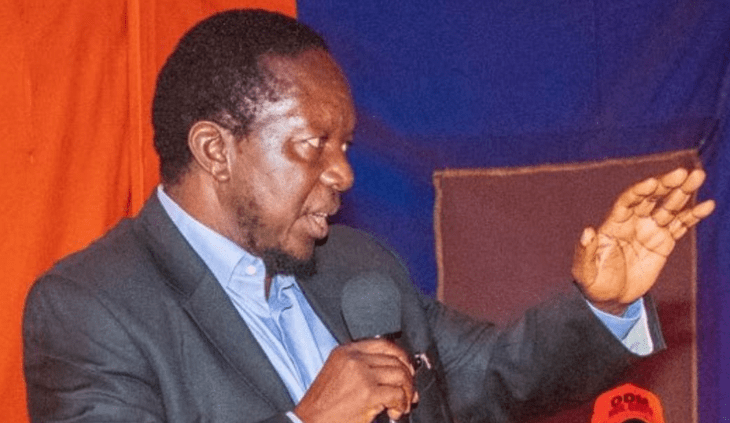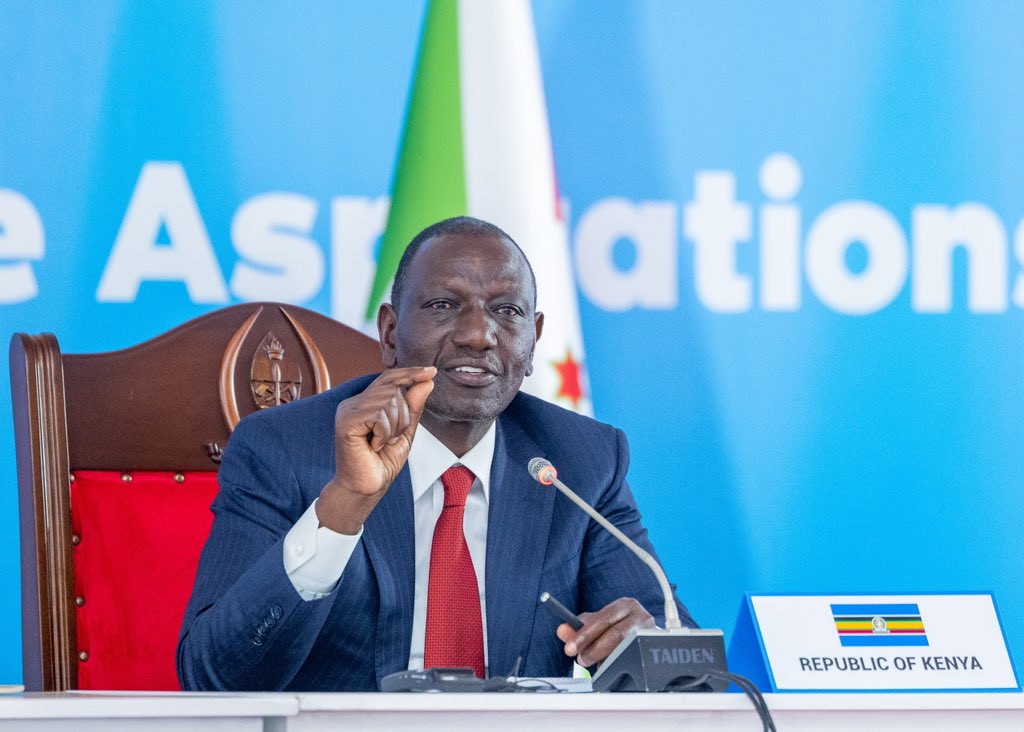‘I don’t believe politicians’ – Ruto’s advisor Ndii says amid uproar over fuel prices

Kenyans were taken aback after Chairperson of President William Ruto’s Council of Economic Advisors, David Ndii, said he doesn’t trust the government.
Ndii was responding to concerns from Kenyans over the Kenya Kwanza administration’s reluctance to cushion consumers from high fuel prices.
A section of Kenyans on social media took the renowned economist to task over the government’s move to hike fuel prices on Thursday, September 14 despite Ruto’s pledge to lower the cost of petroleum products during the campaign period.
To their surprise, Ndii maintained that the status quo would persist largely due to the country’s debt history and international oil shocks.
“This expectation that Kenya can abuse credit for a decade and the same people can make consequences go away painlessly just because there was a game of musical chairs we call elections? Are we sober? I told you two years ago Kenya was in receivership. Nothing has changed,” Ndii said in a post on X, formally Twitter, moments after fuel prices in the country crossed the Ksh200 mark.
The economist had no kind words for those who questioned the government’s plan to bring down the cost of living.
“Is the Economic advisor telling Kenyans shouldn’t believe anything the President and his Deputy say? Is that official?” A user using the handle @Muhsin Ali posed.
Responding to the concerned netizen, Ndii flatly said, “I don’t believe politicians, and I don’t trust government. If you do either you are a sucker.”
I don’t believe politicians, and I don’t trust government. If you do either you are a sucker. https://t.co/46Bl92iAQI
— David Ndii (@DavidNdii) September 14, 2023
Another user asked Ndii what he was still doing in government to which he said, “Civic duty.”
President Ruto had during the campaign period promised to lower the cost of fuel by doing away with some taxes but this is yet to be actualized. Instead, the government recently doubled Value Added Tax (VAT) on petroleum products to 16 per cent, besides scrapping fuel subsidies introduced by retired President Uhuru Kenyatta to cushion consumers.
Trade CS weighs in on fuel prices
Trade Cabinet Secretary Moses Kuria earlier also took to social media to urge Kenyans to brace themselves for tougher times ahead.
Citing the trajectory of the crude oil prices, Kuria, without mining his words, warned that the prices would continue to rise by at least Ksh10 every month.
“Global Crude Prices are on an upward trajectory. For planning purposes expect pump prices to go up by Ksh 10 every month till February,” Kuria wrote on Friday, September 15.
A litre of Super Petrol in Nairobi is currently retailing at Ksh211.64, Diesel Ksh200.99, and Kerosene Ksh202.61, after an increase in prices by Ksh16.96, Ksh21.32 and Ksh33.13 respectively.
Energy and Petroleum Regulatory Authority (EPRA) Managing Director Daniel Kiptoo yesterday attributed the hike in fuel prices to an increase in weighted average cost of imported refined petroleum products.
“The prices are inclusive of the 16% Value Added Tax (VAT) in line with the provisions of the Finance Act 2023, the Tax Laws (Amendment) Act 2020 and the revised rates for excise duty adjusted for inflation as per Legal Notice No. 194 of 2020,” he stated.
“The average landed cost of imported Super Petrol increased by 4.80% from US$739.21 (Ksh107,909.88) per cubic metre in July 2023 to US$774.67 (Ksh113,086.33) per cubic metre in August 2023; Diesel increased by 12.52% from US$701.99 (Ksh1022,476.50) per cubic metre to US$789.89 (Ksh115,308.14) per cubic metre while Kerosene increased by 19.79% from US$690.58 (Ksh100,810.87) per cubic metre to US$827.26 (Ksh120,763.41) per cubic metre.”












